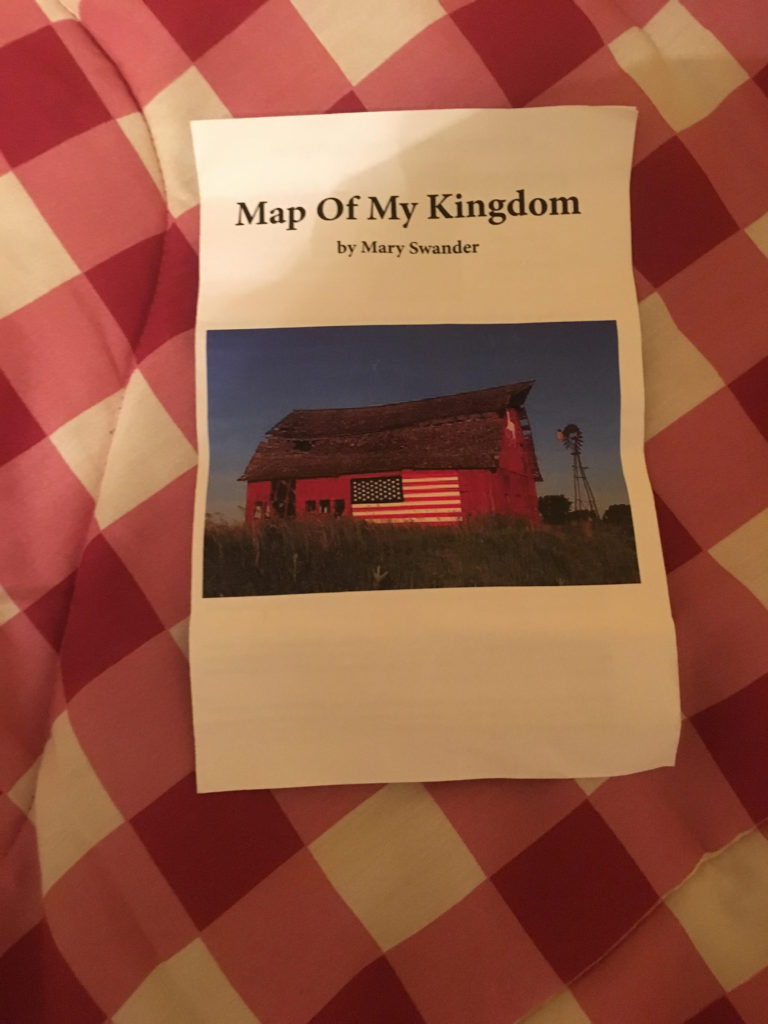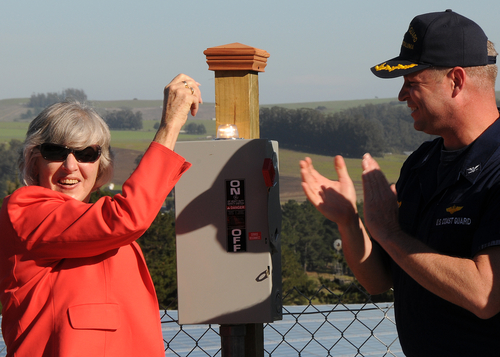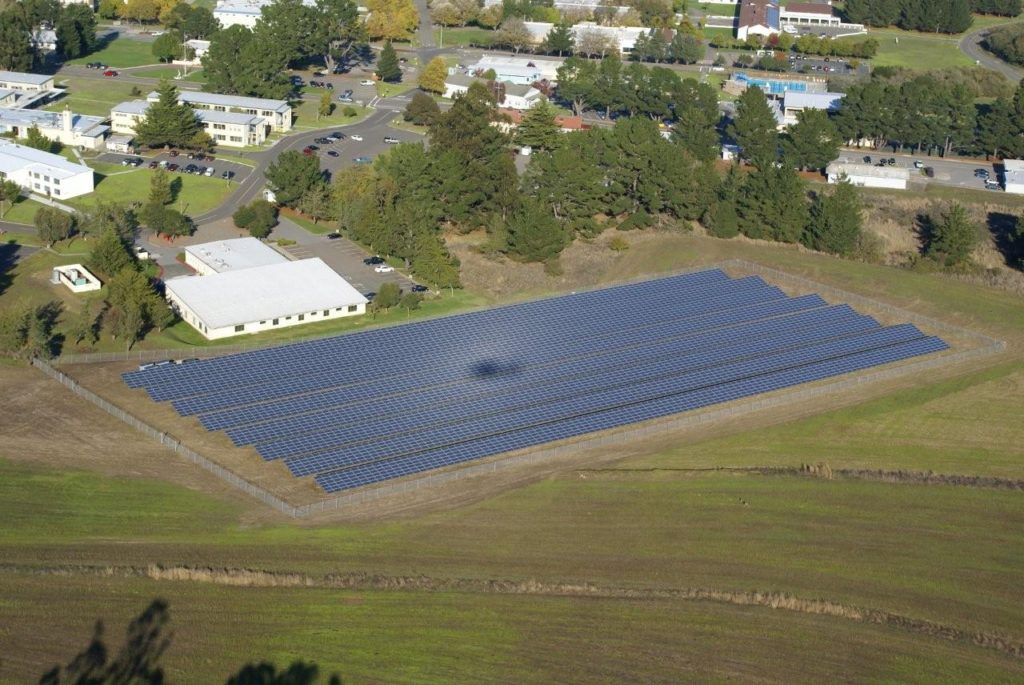Monday began back in Radcliffe, with a trip to the Friest Farm. Unlike most of the farms we had seen recently, the Friests were conventional farmers through and through. At the farm, we got our first opportunity to get into a running tractor and get a better understanding of it. What surprised me the most about it was all the things it had inside it. There were ac and heating, a radio, and the tractor was able to drive by itself and only needed the farmer to turn it. After that, we saw how the feed for their hogs was made. They showed the group they use their corn and beans they grew in their feed as well as some other nutrients. I think that the practice of using the things grown on your farm as feed to be some of the most sustainable farming because you do not need any outside products. The next thing was feeding some of the hogs in their barns. One of the most interesting things I learned was that at each stage of the pig’s life, it gets a different ration of feed. The last thing and by far the coolest thing I did at the Friest Farm was AI (artificially inseminate). We learned the technique of using the boar to stimulate the sows, and then the techniques for artificially inseminating the sows; finally, we got to do the procedure ourselves.
After the time on the farm, we made our way to Iowa City to the University of Iowa to meet with Connie Mutel. Here Connie compared the change in farms to climate change. She showed how the landscape has changed since settlers came here and because of this extreme change, the climate has been affected. This climate change, according to Connie, is irreversible and us now affecting everything about the weather. Connie thinks the future is in a carbon neutral world with renewable energy and no fossil fuels. She also thinks that the innovation of new technologies will also help in the future to prevent these changes.



